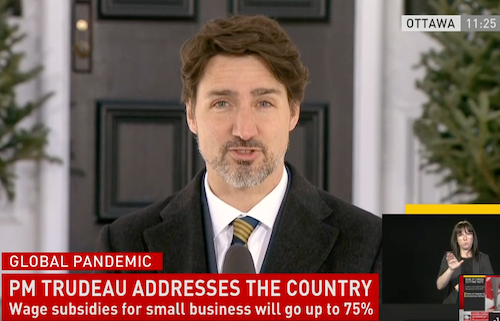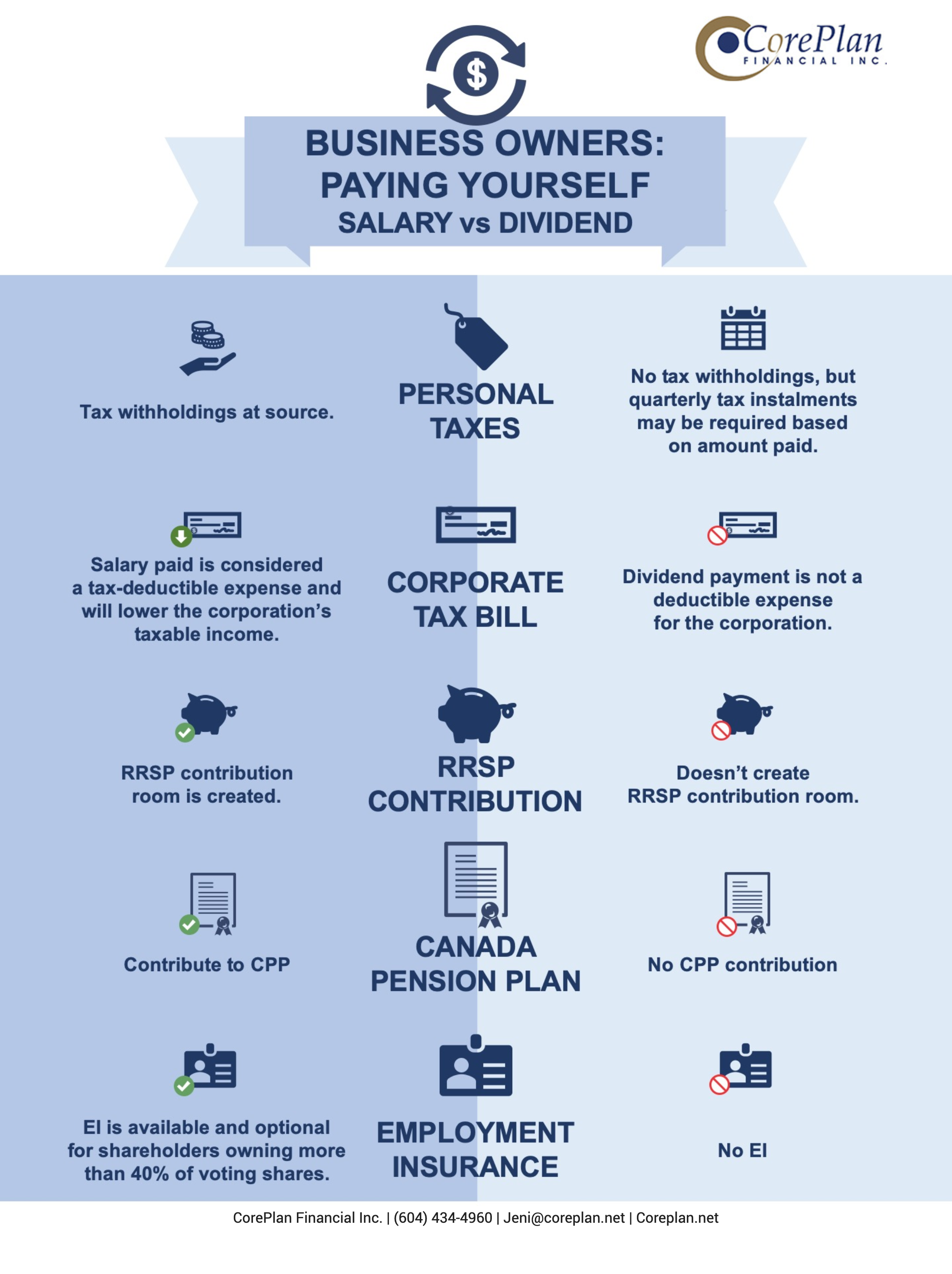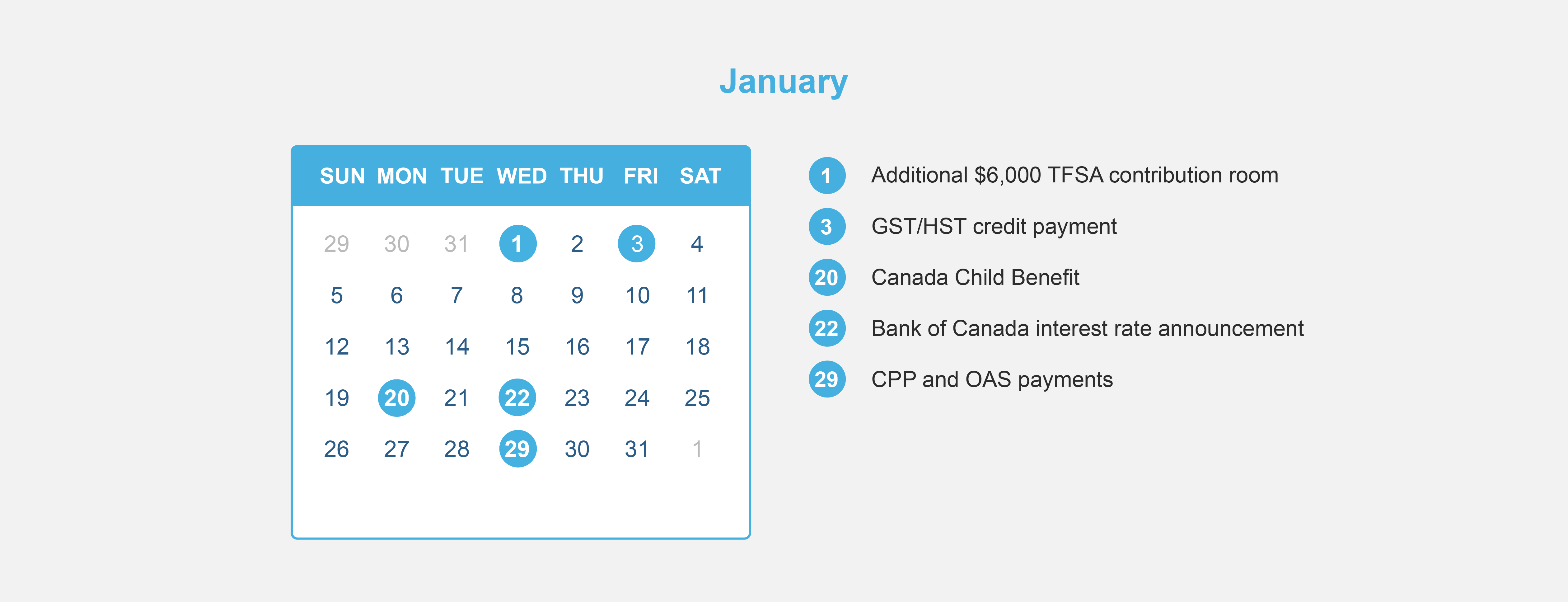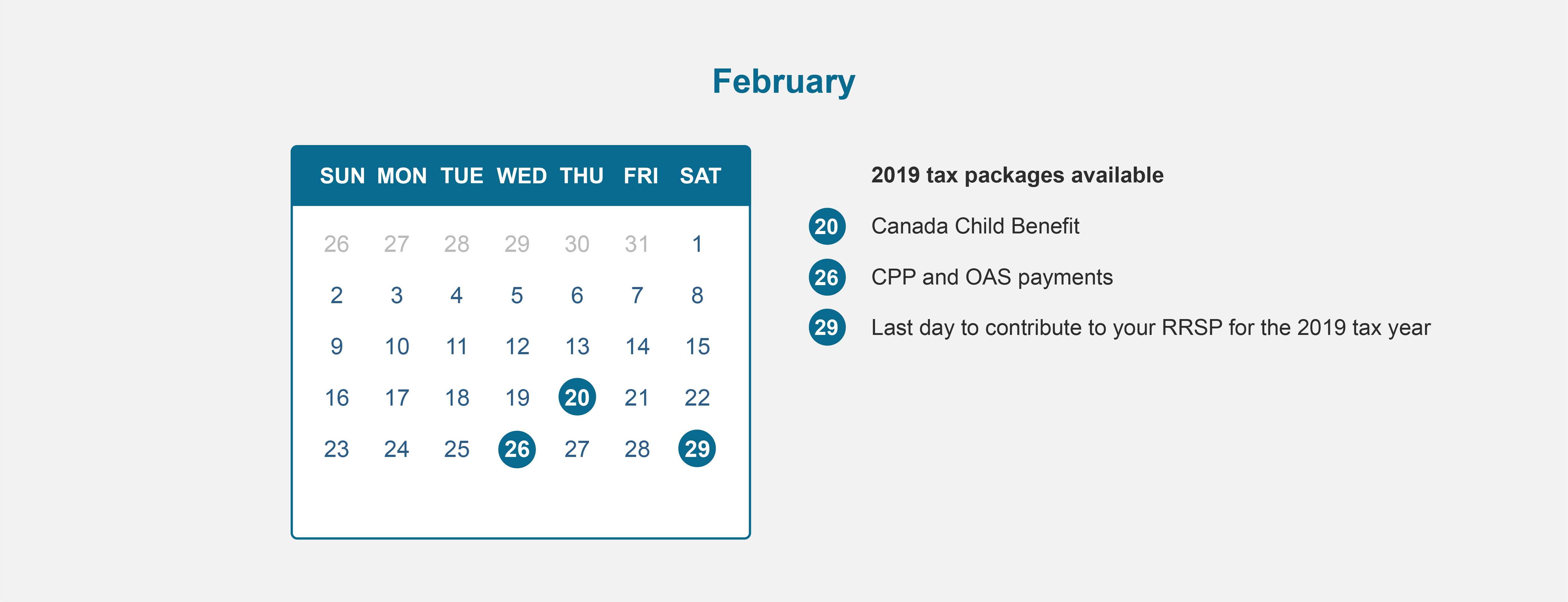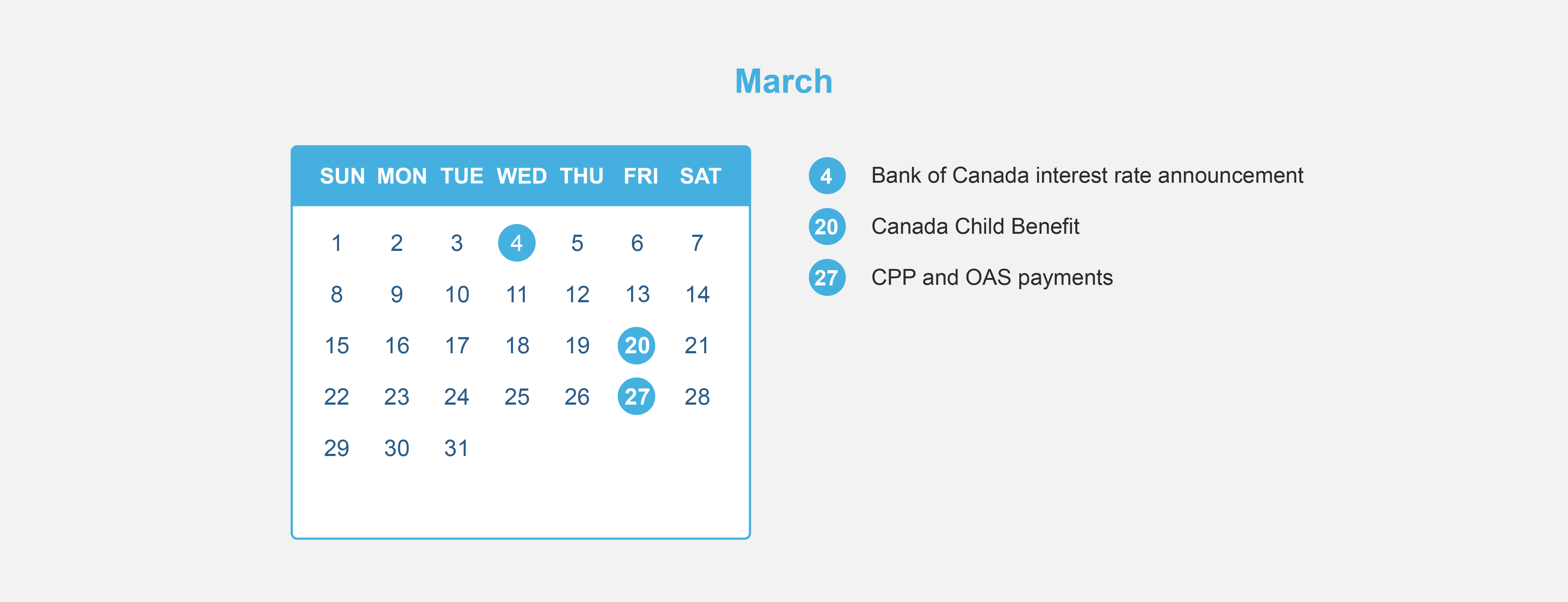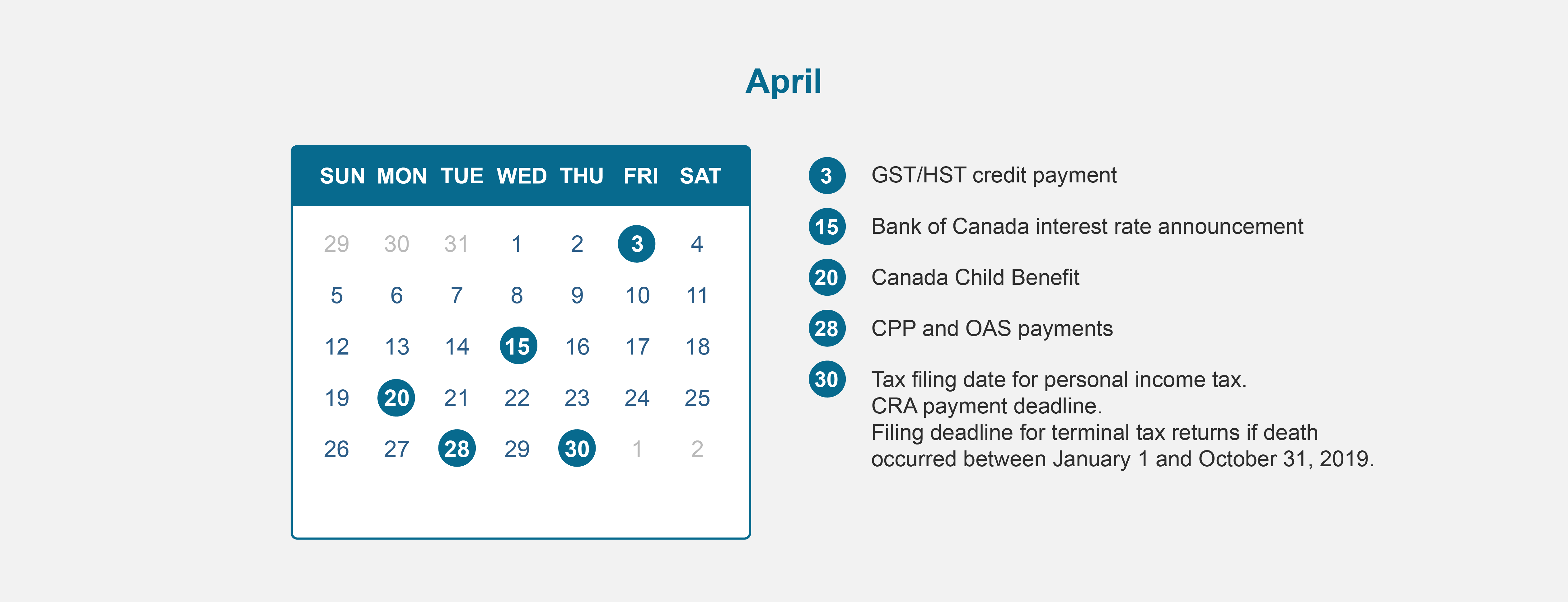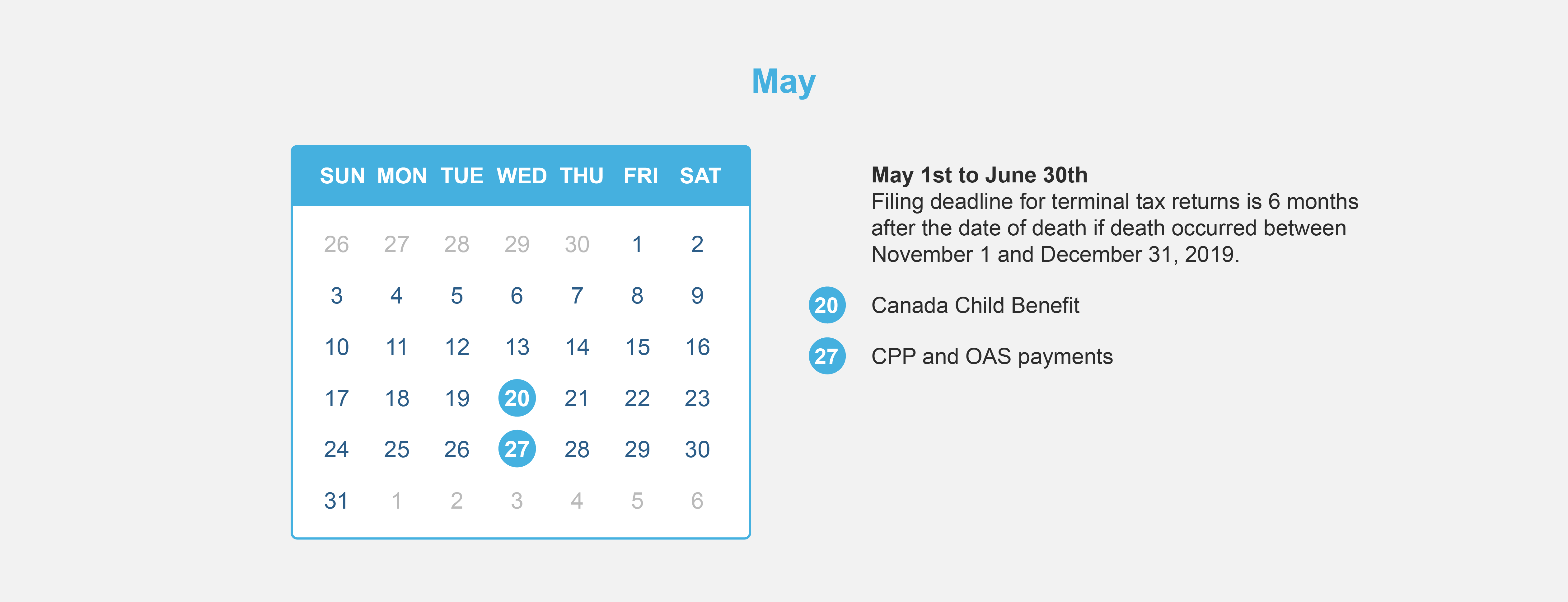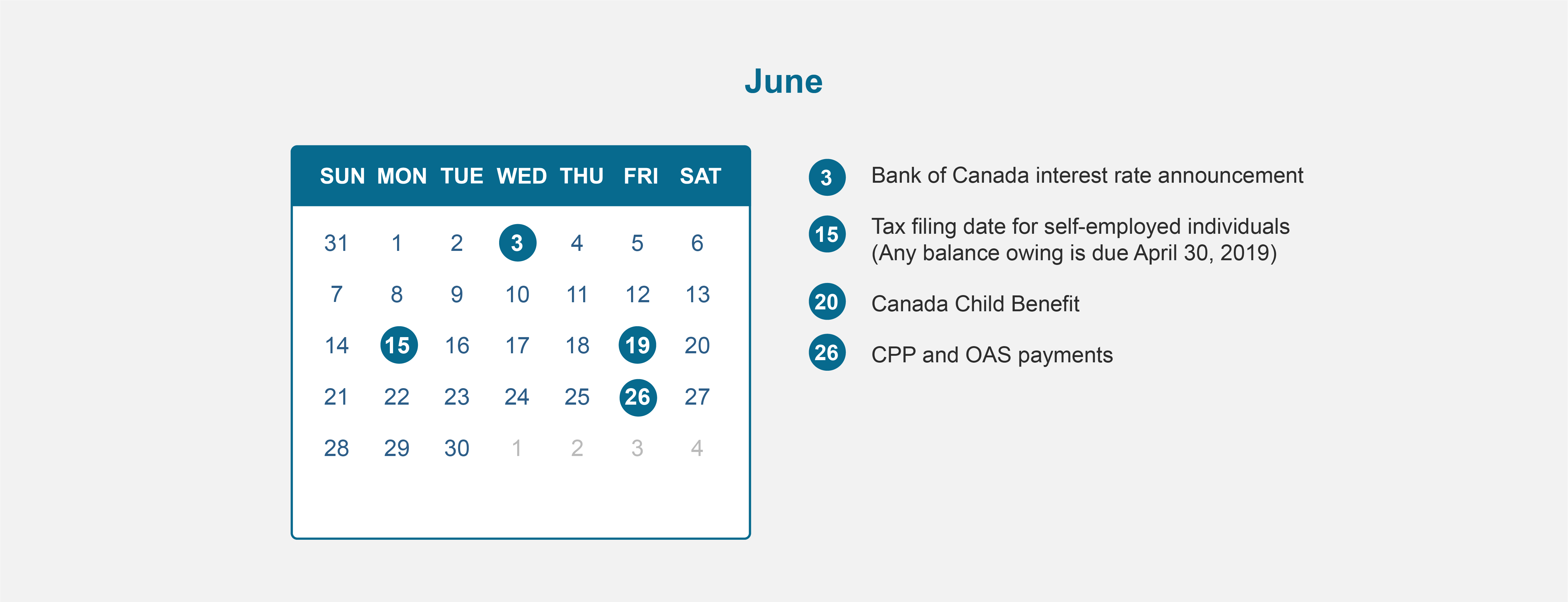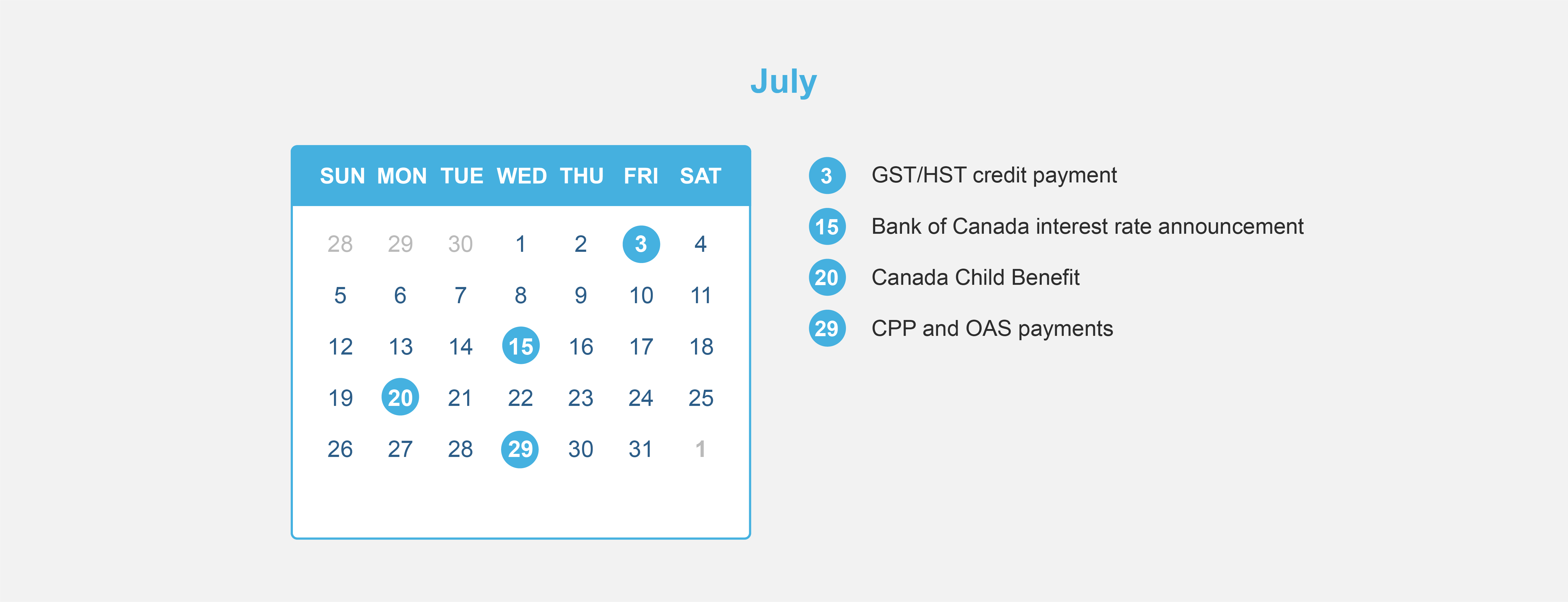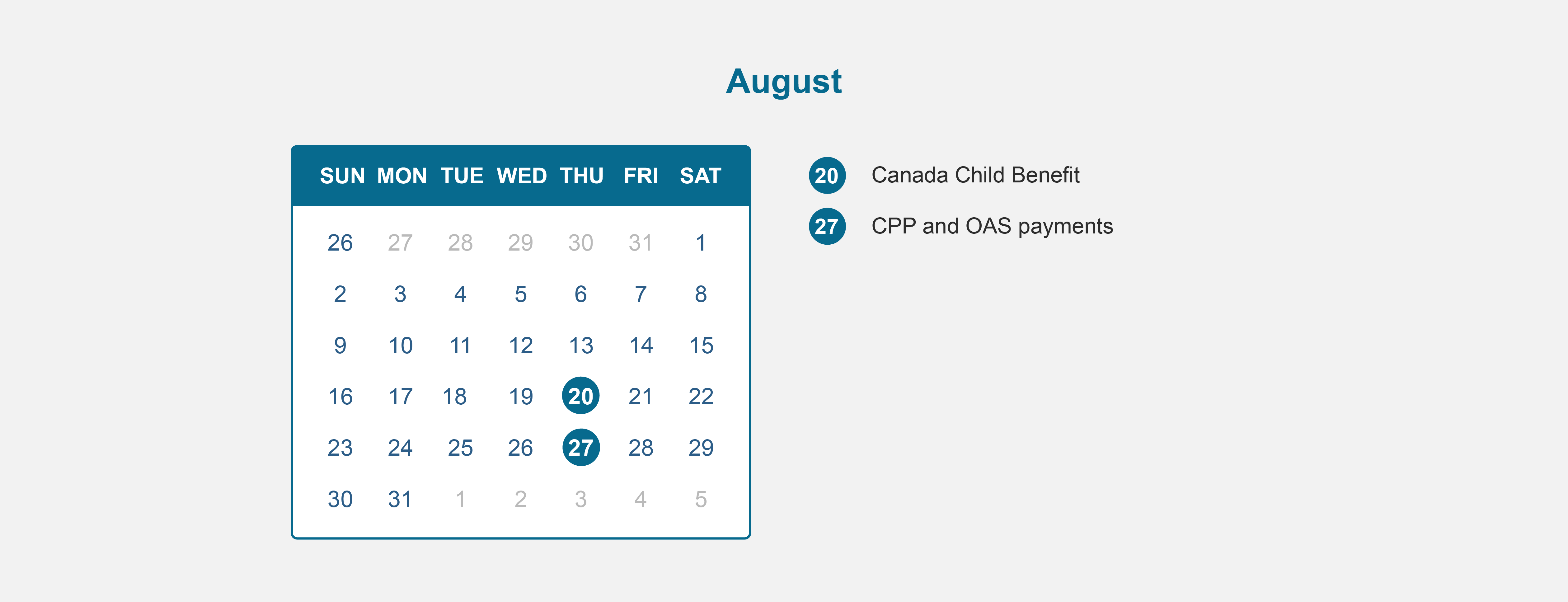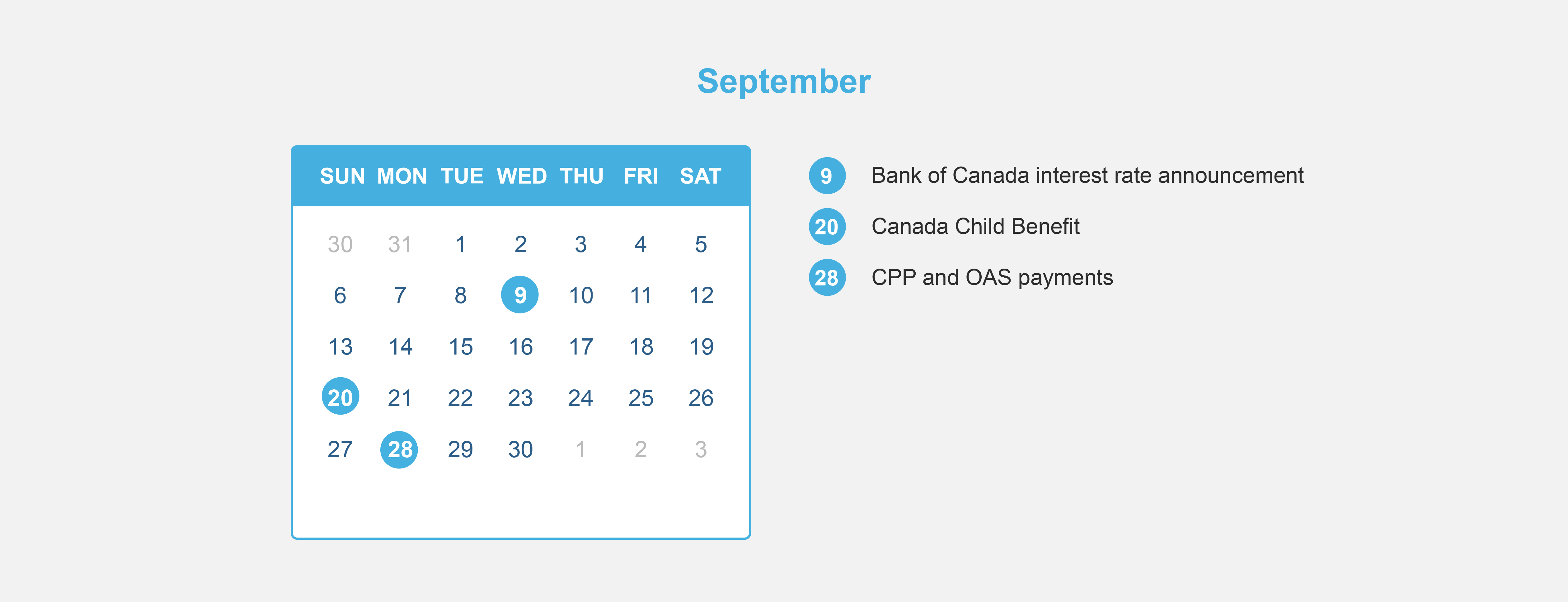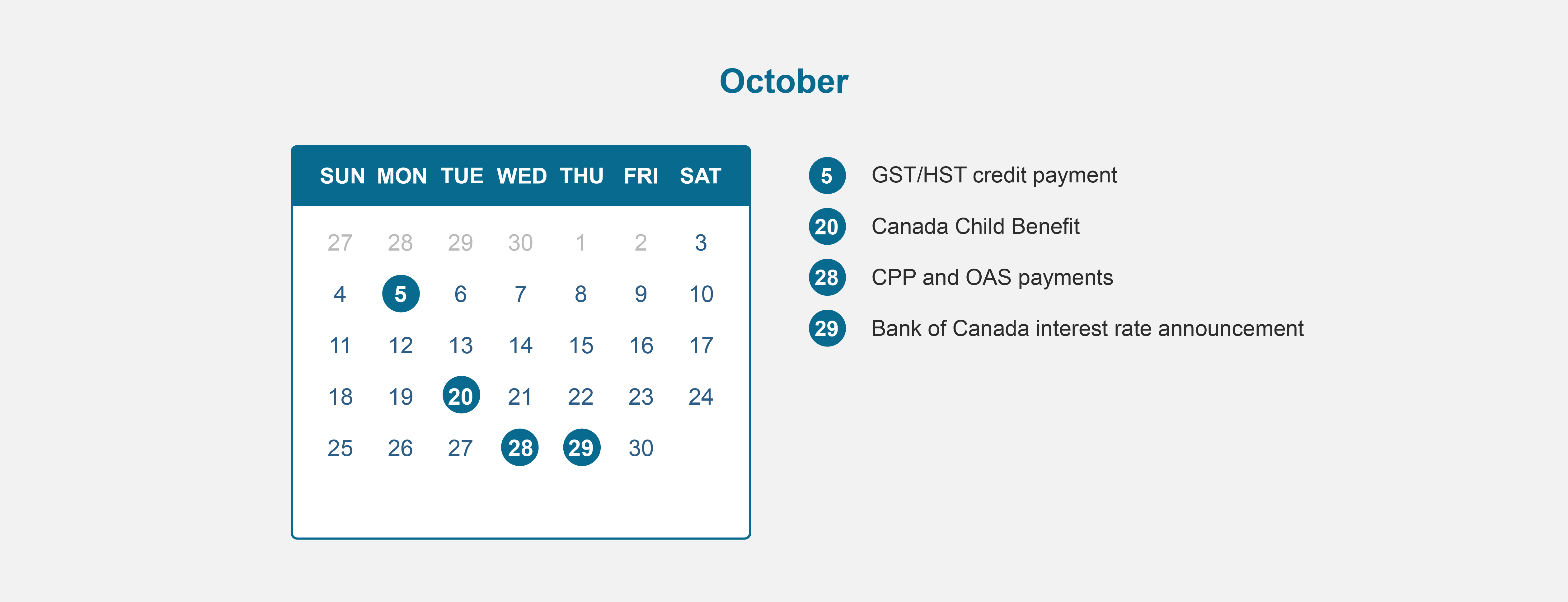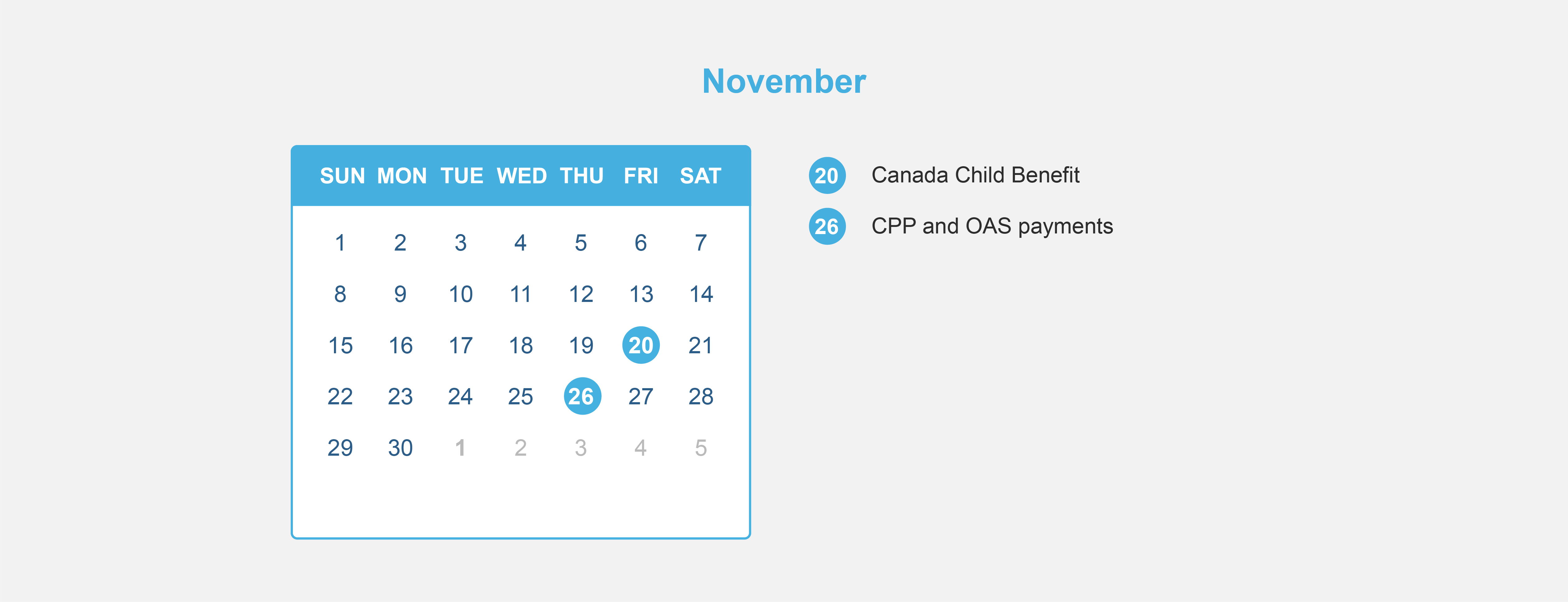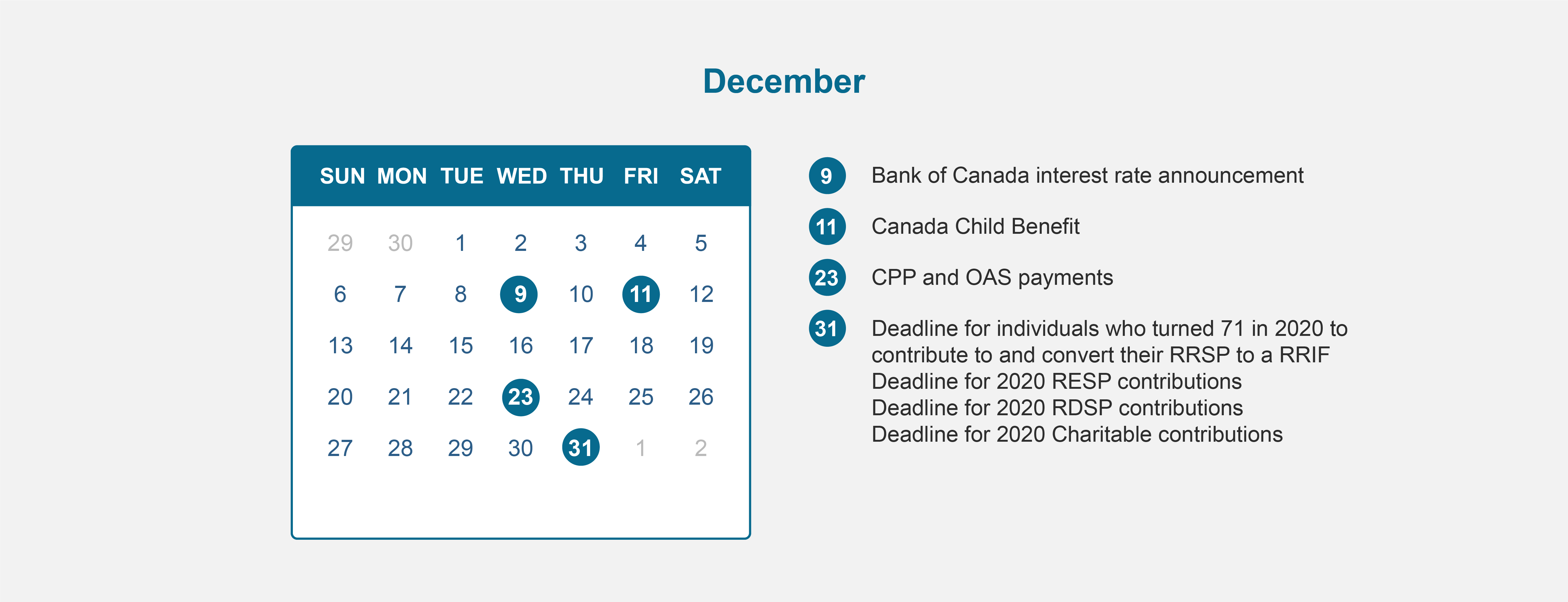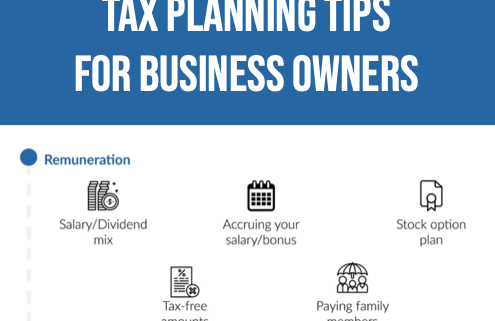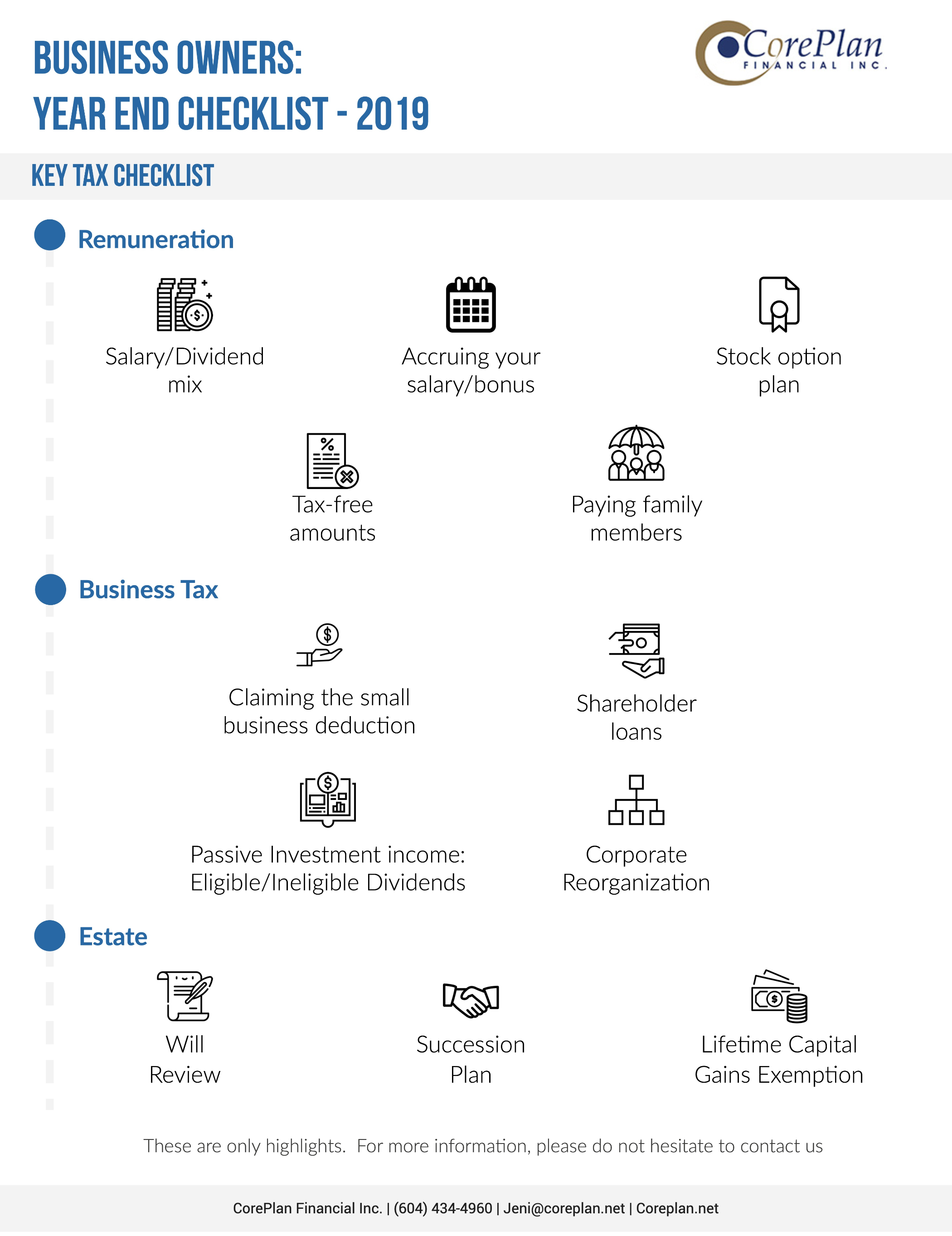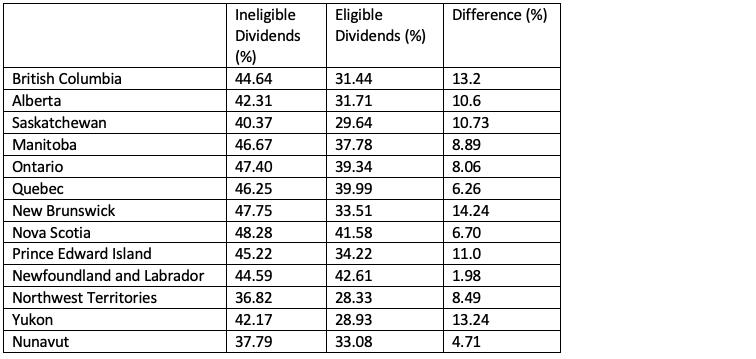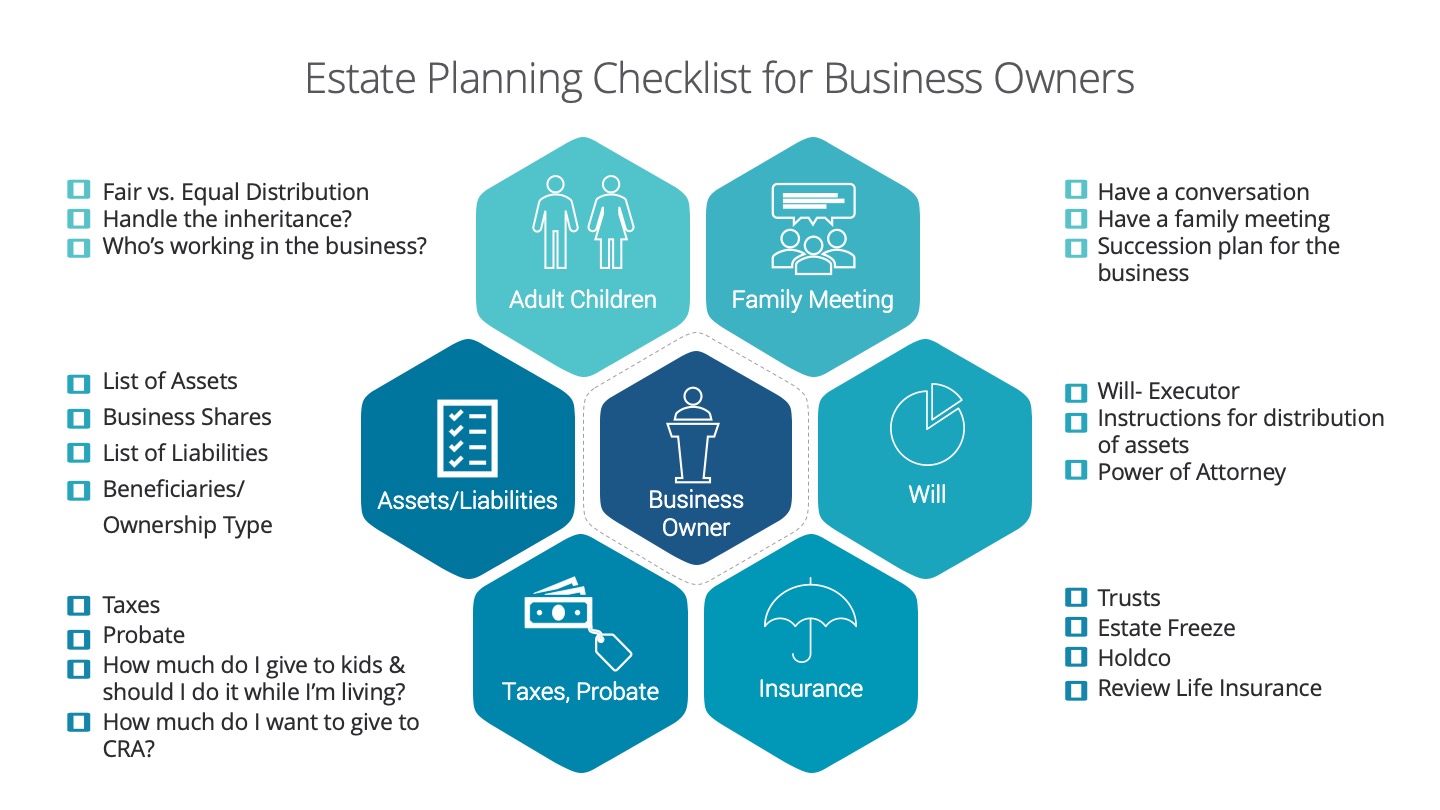BC: Reduces commercial property tax for businesses by average of 25%, help local governments
The province of British Columbia is providing additional support to businesses by reducing most commercial property tax bills by an average of 25%. In addition, the provincial government introduced new measures to support local governments facing revenue shortfalls.
“We know that B.C. communities and businesses are suffering from the economic impacts of COVID-19,” said Carole James, Minister of Finance. “That is why our B.C. COVID-19 Action Plan is focused on the health and safety of British Columbians, direct support for people and businesses and economic recovery for our province. We are providing further support by making additional temporary property tax changes to provide provincewide relief for business and local governments to help weather the pandemic, continue to deliver the services people count on and be part of our province’s economic recovery.”
– Minister of Finance, Carol James
From the BC government website:
“The Province is taking significant new steps to support B.C. businesses, non-profits and other organizations through the COVID-19 pandemic by:
further reducing the school property tax rate for commercial properties to achieve an average 25% reduction in the total property tax bill for most businesses, providing up to $700 million in relief. This enhances the 50% reduction to the provincial school property tax rate that was originally announced for classes 4, 5, and 6 as part of B.C.’s COVID-19 Action Plan.
Postponing the date that late payment penalties apply for commercial properties in classes 4,5,6,7 and 8 to Oct. 1, 2020, to give businesses and landlords more time to pay their reduced property tax, without penalty.
Responding to key concerns from local governments, the Province is addressing cash flow and revenue shortfalls with new measures that provide additional support:
authorizing local governments to borrow, interest-free, from their existing capital reserves to help pay for operating expenses, such as employee salaries.
delaying provincial school tax remittances until the end of the year. This will provide significant relief to local governments facing cash flow issues.
providing local governments greater flexibility to carry debt for an additional year.
These measures will provide local governments with the resources to meet their operational costs and required remittances to regional districts, regional hospital districts, TransLink and transit authorities, BC Assessment, the Municipal Finance Authority and other taxing authorities. This will ensure that other minor taxing authorities can count on receiving the full amount they bill to municipalities and the Province’s surveyor of taxes before Aug. 1, 2020.”






